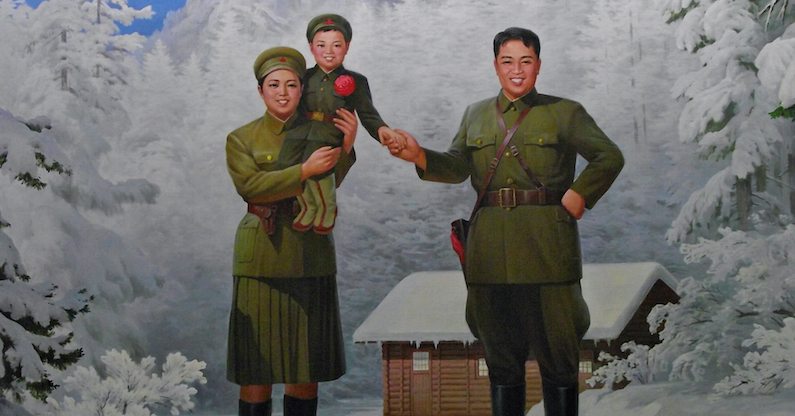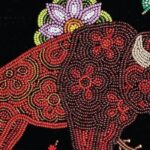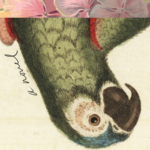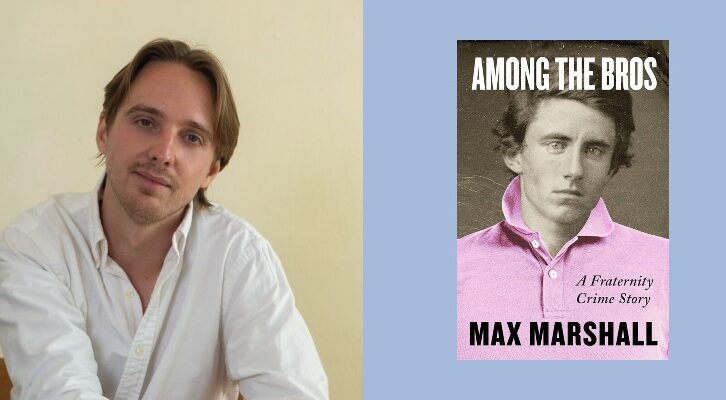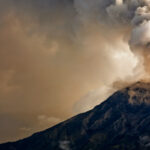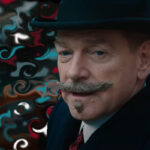Barbara Demick on How North Korea Became an Obsession
The Author of Nothing to Envy on the Baillie Gifford Prize Podcast, Read Smart
On this episode of Read Smart, from the Baillie Gifford Prize, Razia Iqbal speaks to Barbara Demick, who won the Prize in 2010 with Nothing to Envy: Real Lives in North Korea. In the book, Demick weaves together the stories of resilience between six residents of Chongin, North Korea’s third-largest city. From extensive interviews and investigative work, Barbara Demick recreates the culture and concerns of North Korean citizens within this extraordinarily secret country.
On how Nothing to Envy started
Barbara Demick: I think Nothing to Envy was sort of a work of obsession. I was the bureau chief in Seoul, South Korea, and the first one for The LA Times.
And my territory, my beat, so to speak, was all of the Korean peninsula, including North Korea. And at the time I started, it was virtually impossible for a US citizen to get permission to visit North Korea. And I’ve said this before, but, you know, journalists are very contrarian creatures. And if you tell us that we can’t go someplace, we really want to go.
We really get obsessed. And it was a very frustrating experience for me. Some of my friends with Canadian and British and Australian citizenship were able to go on these guided tours. But I wasn’t, and I used to dream about North Korea. I mean, literally not fantasize, but I’d have dreams of, you know, being in North Korea. So I started to recreate my experience or my yearnings by interviewing every North Korean I could find.
I wanted to, you know, create for myself the experience of walking those streets and smelling the smells and being there, really being there.
*
On finding humanity in North Korea
Barbara Demick: Miran was a kindergarten teacher in North Korea. And I had gone to interview her for a very typical journalistic story. It was about starving children. And we had this long interview about what it was like to teach in a kindergarten with the students were starving.
And, you know, she watched them one by one drop out of school and then she’d find out that they died. But we sort of got into girl talk. And I said, well, what did you do for fun in North Korea? What are your happiest moments? Did you have a boyfriend?
And this led to the story that really is the scaffolding of the book. Yes. She had a boyfriend. I mean, she said it took them three years to hold hands and another six to kiss. And then nothing went any further because this is this is North Korea.
But it really is so interesting. She talked about walking with this this boy in the dark, because there was no light in North Korea and, you know, eventually holding hands and how magical that experience was. And it was the happiest memory of her life.
You know, it was already after everybody was short of food. But she was so happy at that moment. And that question became the question I asked every North Korean I met, you know, what’s your happiest moment? And that brought out the full range of human experience, not just the horror.
_________________________
The podcast is generously supported by the Blavatnik Family Foundation. Follow @BGPrize on Instagram, Facebook, Twitter, TikTok and YouTube.

